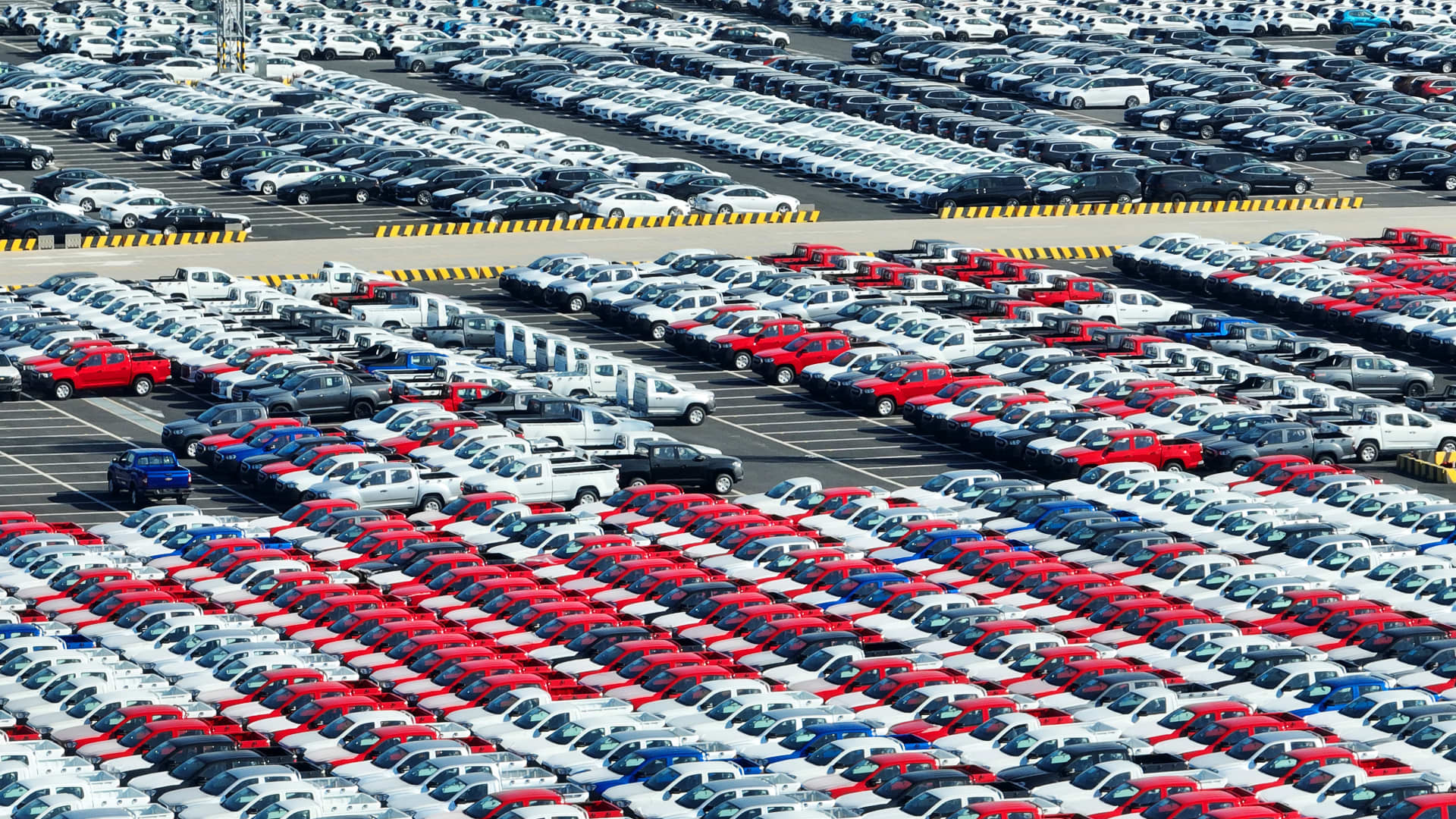Europe is ‘very far’ from imposing new duties on Chinese EVs despite ongoing probe, top official says


The European Union is “very far” from imposing new tariffs on Chinese electric cars, a top official told CNBC, just days after the bloc launched an investigation into subsidies given by Beijing.
“We are very far from imposing import duties for Chinese vehicles, because I mean, these investigations to be fair, must be conducted properly,” Maroš Šefčovič, a vice president at the European Commission, the executive arm of the EU, told CNBC Tuesday.
The institution surprised many last week by announcing an anti-subsidy probe focusing on the EV market in the world’s second-largest economy. The European Commission believes cheaper Chinese electric cars are flooding the European market with prices being kept low due to sizeable state subsidies.
A spokesperson for China’s ministry of commerce said in the wake of the announcement: “China expresses high concern and strong dissatisfaction with this,” according to translated remarks.
The same spokesperson added: “China will pay close attention to the EU’s protectionist tendencies and follow-up actions, and firmly safeguard the legitimate rights and interests of Chinese enterprises.”
The commission said an anti-subsidy probe could last up to 13 months from initiation. It also said that provisional measures must be imposed no later than nine months, followed by four months to impose definitive measures, if legally warranted.
Aerial view of vehicles, which will be shipped to Europe, sitting parked at Taicang Port on December 19, 2022 in Suzhou, Jiangsu Province of China.
Vcg | Visual China Group | Getty Images
“But in the meantime, it’s clear that we have to redouble our efforts to make sure that our car industry remains very competitive. We’ve been always very proud that the best, safest, cleanest cars being manufactured in Europe,” Šefčovič also said.
The share of China-made electric cars sold in Europe has risen to 8% this year. European officials have argued this could reach 15% by 2025.
In addition, European officials have noted that prices of EVs made in China are about 20% below those made in the EU.
There is a growing focus from the EU on the state of the EV market ahead of a deadline to ban the sale of new diesel vehicles by 2035.
“We work a lot with battery sectors, with the car manufacturers and I am now organizing different sets of industrial roundtables [where] I want to discuss even closer with the European car industry what they need, where we can help, so we can really roll out more EVs models and be strong, not only on European, but on the global markets as well,” Šefčovič said.
The EU already has a 10% duty on all imported cars. The United States, however, has a higher duty of 27.5%.











